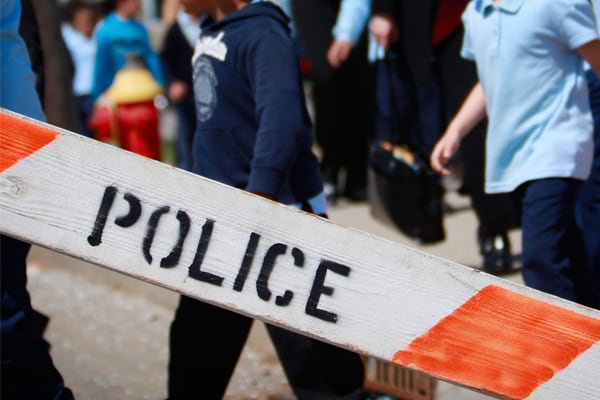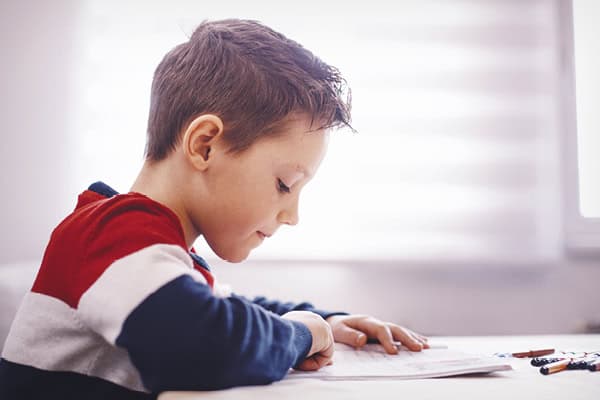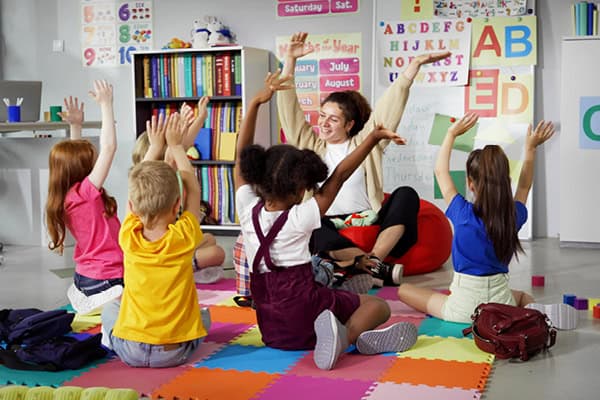Students across the country are faced with community violence, racial injustice and school shootings every day, leaving educators to respond by adapting lesson plans or offer emergency support, according to an article in Chalkbeat Detroit.
Some schools have added social workers, counselors and other mental health resources to confront the toll community trauma can have on students’ mental health. And in some districts, teachers and school leaders have created new student-focused programs to deal with the reality of school shootings and other traumatic incidents.
Chalkbeat spoke with social worker Katie Peinovich about what signs of distress to look for in children, and how to help those who might be fearful of future violence.
Peinovich tells parents, caregivers and teachers:
- Pay attention to kids’ actions following traumatic events: Kids may startle more easily, seem more irritable and be reluctant to be apart from parents or caregivers.
- Reassure children that they are now safe: Acknowledge and validate their feelings that what happened was very, very scary. Ongoing news coverage can give preschoolers and early elementary kids the impression that this is an ongoing situation. Parents and schools should limit media coverage and reassure children that the event is over and they are safe.
- Maintain routines: Caregivers and educators should strive to keep schedules similar, whether it’s what children eat for breakfast or when they go to recess. Changing up schedules suddenly can heighten anxiety.
- Understand recovery timelines: In about four weeks, most kids return to their previous level of functioning. If kids are still struggling after a month, they may need extra support.
A child psychologist at Lurie Children’s Hospital and an assistant professor at Northwestern University’s medical school, Colleen Cicchetti, gives these tips for teachers:
- Establish a predictable and “safe” classroom: This helps students understand the expectations and what they need to do to be successful. Taking breaks helps them focus.
- Ask for help, even if you have to look outside your school: A teacher may not feel like they can tell someone they’re struggling with a student or feel isolated. That can lead to burnout.
More advice from experts:
- Communicate honestly: Staff members and school mental health professionals can determine that students need explanations of the event from those they trust and the space to process those explanations.
- Provide different kinds of support: Traumatic incidents are initially more emotional for adults to process than they are for young children. The youngest students may surprise you in their ability to talk about the concept of death and tragedy.
- Treat compounded trauma: Some tragedies are layered on top of prior wounds for some students. Recognize that healing is a long journey, and many schools are just getting started grappling with the effects of trauma.
- Don’t feel compelled to talk to students after witnessing or watching a violent event: Listen to them. Let them sit with that, because the last thing you want to do is minimize their pain. Teachers need to be skilled at listening and letting the students talk. Be honest. Don’t say that it’ll be all right; it may not be all right.”
- Allow students to reflect and have conversations: After a violent event in Detroit killed three people, a teacher in the class, Facing History and Ourselves, unpacked the fear kids had around the shooting. She slowed it down and got them to free-write it in a journal, just dump it all out, and gave them time and space to be able to talk to each other.”
Chalkbeat Detroit






